Support and Celebrate our Research Success at the FoL – come along!
We would love to see you at our Drop-in event ‘Research Reflections’ on the 16 July – feel free to attend for a session or two, or the whole day. Come along and hear about the huge range of Research taking place across the University, and support your fellow academics talking about their Research.
When: Taking place on Thursday the 16th of JULY in The Coyne Lecture Theatre in the Thomas Hardy Suite from 10am – 4pm.
Book now
Our confirmed speakers include:
10am Heather Hartwell, discussing the VeggiEAT project
10.40am Jamie Matthews discussing the international news coverage of the Japanese earthquake and consequent tsunami
10.55am Helen Farasat discussing her research with parents of children with eczema
11.10am Arjan Gosal – losing sight of trees for the honey
11.45am Angie Gosling
12.00 midday Sine McDougall on participating in Research
12.15pm Yeganeh Morakabati will speak about her experiences of teaching in Afghanistan
12:30pm Dan Weissmann, Anna Feigenbaum, Dan Jackson and Einar Thorsen exploring challenges that arise when working with data that is hidden, sensitive or obscured
12:45pm Elizabeth Rosser discussing her Marie Curie experiences
1.00pm Lunch
1.45pm Neil Vaughan, discussing his research into developing an epidural simulator
2.00pm Ashley Woodfall reflecting on the core conceptual struggle with a recently completed research project with children and those that make media for children
2.15pm Fabian Homberg will be observing and explaining petty corruption: An analysis of the “$20 sandwich trick”
3.00pm Carrie Hodges, Lee-Ann Fenge and Wendy Cutts speaking about their project which focuses on young people with disabilities.
3.15pm James Gavin will talk about his project looking at whether technology can be used to increase strength and balance in older adults
More speakers to be confirmed – please check our Blog posts for updates!
Book now
![]()

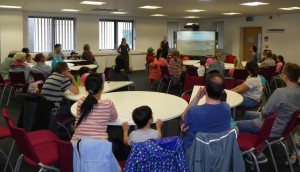
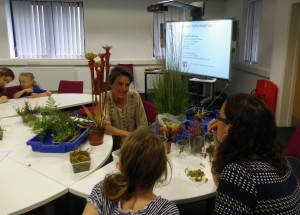
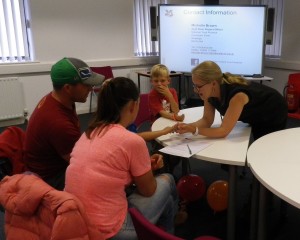
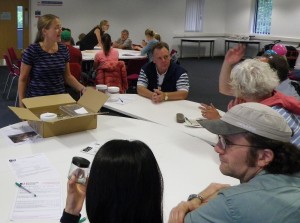
![Stanford[1]](http://blogs.bournemouth.ac.uk/research/files/2015/07/Stanford1-300x225.jpg)
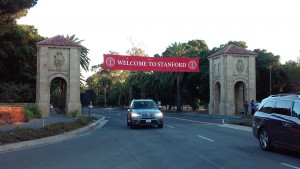


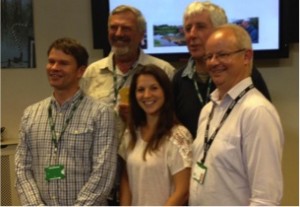
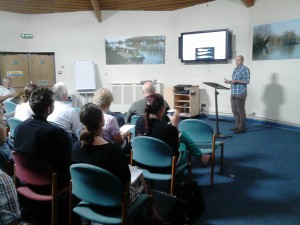

 We would love to see you at our Drop-in event ‘Research Reflections’ on the 16 July – feel free to attend for a session or two, or the whole day. Come along and hear about the huge range of Research taking place across the University, and support your fellow academics talking about their Research.
We would love to see you at our Drop-in event ‘Research Reflections’ on the 16 July – feel free to attend for a session or two, or the whole day. Come along and hear about the huge range of Research taking place across the University, and support your fellow academics talking about their Research.


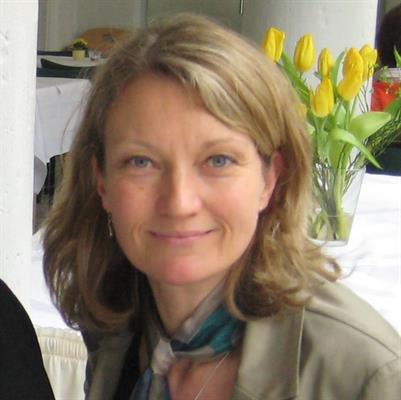
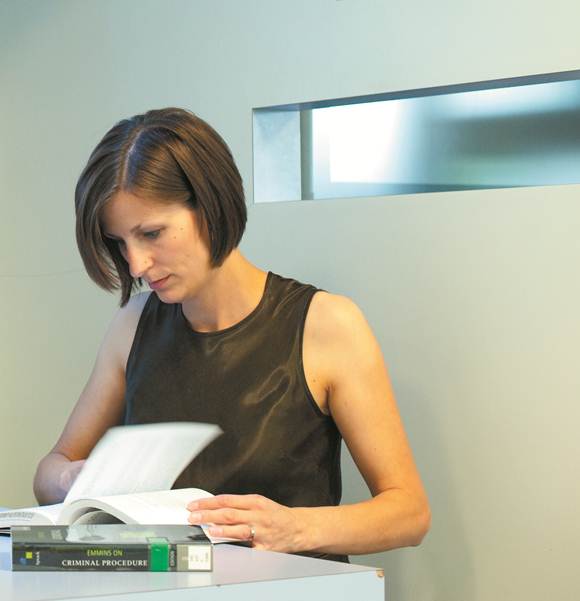















 SPROUT: From Sustainable Research to Sustainable Research Lives
SPROUT: From Sustainable Research to Sustainable Research Lives BRIAN upgrade and new look
BRIAN upgrade and new look Seeing the fruits of your labour in Bangladesh
Seeing the fruits of your labour in Bangladesh Exploring Embodied Research: Body Map Storytelling Workshop & Research Seminar
Exploring Embodied Research: Body Map Storytelling Workshop & Research Seminar Marking a Milestone: The Swash Channel Wreck Book Launch
Marking a Milestone: The Swash Channel Wreck Book Launch ECR Funding Open Call: Research Culture & Community Grant – Application Deadline Friday 12 December
ECR Funding Open Call: Research Culture & Community Grant – Application Deadline Friday 12 December MSCA Postdoctoral Fellowships 2025 Call
MSCA Postdoctoral Fellowships 2025 Call ERC Advanced Grant 2025 Webinar
ERC Advanced Grant 2025 Webinar Update on UKRO services
Update on UKRO services European research project exploring use of ‘virtual twins’ to better manage metabolic associated fatty liver disease
European research project exploring use of ‘virtual twins’ to better manage metabolic associated fatty liver disease